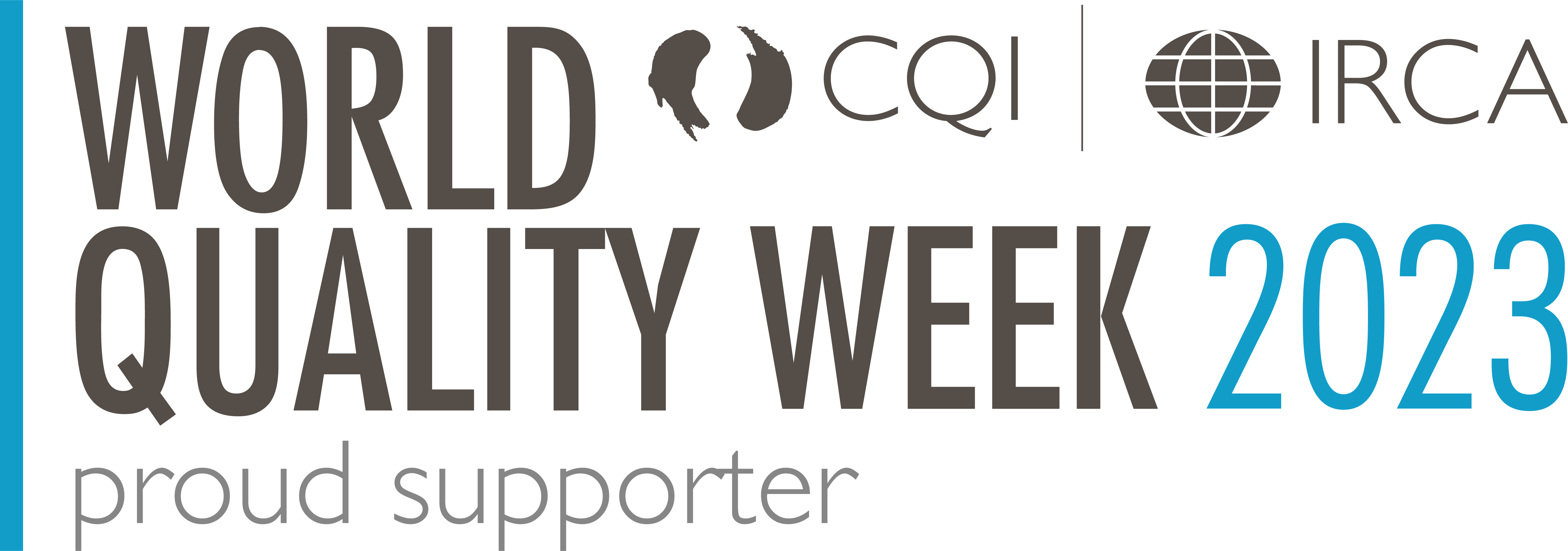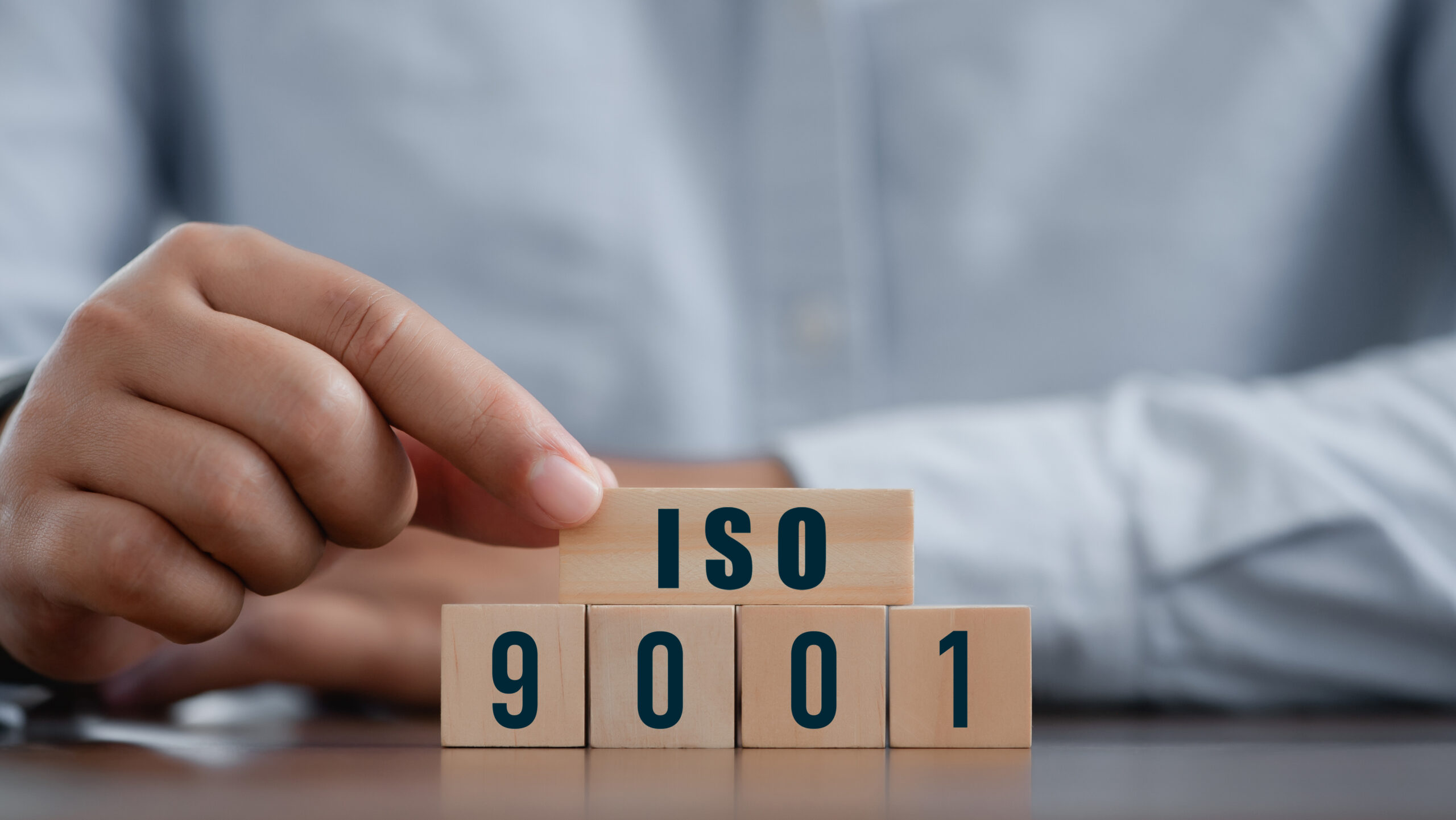As Net Zero Week draws to a close, some could be forgiven for asking this question. With so much pressure on businesses and supply chains across the globe, so many cost-of-living burdens and extremely sad times for so many, why should we add to our already-long lists of concerns? In essence, how can something with a target date of 2050 make it into our 2022 action priorities?
The reality is that Net Zero (NZ) is here now – in client questions for bids and tenders, in staff and wider stakeholder expectations and on the balance sheet in terms of surging energy prices. Whilst the most effective Environmental, Social and Governance (ESG) strategies will give equal weight to all three pillars of sustainability, there’s little doubt that action on climate change is the noisiest ‘chick in the nest’. Last year’s COP26 Glasgow Climate Change Summit undoubtedly placed even more emphasis on carbon reduction, and NZ has rapidly become a mainstream issue. According to the Science Based Targets Initiative, NZ pledges covered just 16% of the global economy in 2019 but grew more than four-fold to encompass 70% in just 2 years.
Despite tough trading conditions, customers, the public, investors and social commentators still have high expectations of businesses. The most forward-thinking and ultimately most promising organisations accept this as part of their ‘licence to trade’ and are working to track their carbon footprints, target ‘early wins’ and at least be on the journey towards NZ. Last year, the UK’s Office for National Statistics (ONS) found that 2 in every 3 businesses were either already reducing their greenhouse gas emissions or planning to act over the next 12 months.
The ONS also found that two common ‘barriers to action’ were the perceived costs of implementing change, alongside uncertainty of how to measure their emissions. Since then, energy price inflation rates have surged to their highest level for well over a decade, with gas at 28% and electricity at 19% (and both continuing to rise). Cutting energy use (and therefore carbon) has literally become key to balancing the books. At the same time, there have never been so many user-friendly, flexible data management technology solutions available to track and establish certainty over carbon metrics.
In that context, to continue citing cost and complexity as reasons for not embracing the NZ journey might be seen as slow-to-act (at best) or irresponsibly negligent at worst.
To achieve NZ, organisations must cut their carbon emissions to an irreducible minimum – for example, through energy efficiency programmes and renewable alternatives – and then invest in projects which remove an equivalent amount of carbon from the earth’s atmosphere. The first step on that journey is, of course, knowing what those carbon emissions are – establishing ‘one true view’ of their carbon footprint. According to the Boston Consulting Group, only 9% of global companies measure carbon footprint correctly, so robust data visibility has become an essential weapon for organisations to tackle climate change.
Working with clients in multiple sectors across the world – from small companies to multinational enterprises – we’ve identified 6 steps to get started on the Climate Action Journey:
- Check – which parts of your organisation will be in scope, what records and data exist already
- Assess – what tracking you need to set up (gap analysis) and how to present your carbon ‘story’
- Record – choose an appropriate carbon management technology tool to collect and track data
- Brainstorm – engage your people, clients and suppliers to review and understand your data
- Order – put some practical actions and initiatives in order and build a Carbon Reduction Plan
- Numbers – bring the numbers together, and use that evaluation to decide on next steps
Eagle-eyed readers will have spotted that the 6 steps spell out CARBON, and we’ve also produced a Carbon Action Guide as a free download to help you further.
On a final note, and returning to our title question, NZ can be an exceptionally powerful way to engage your people – particularly as so many of them are genuinely keen for the companies they work for to tackle climate change. In that vein, we teamed up with EcoAction Games last year to launch the world-first Climate Action Game – a card pack that can help to engage people, start a conversation and have a little fun on a serious topic.
Achieving Net Zero relies on people understanding and acting on the simple changes they can make to lifestyles at work and at home. That’s where we think the Climate Action Game can help. Like the world, the game is a limited edition, but if you’d like to win a pack, just send your details to Alcumus to see how we could help with your ESG ambitions.






